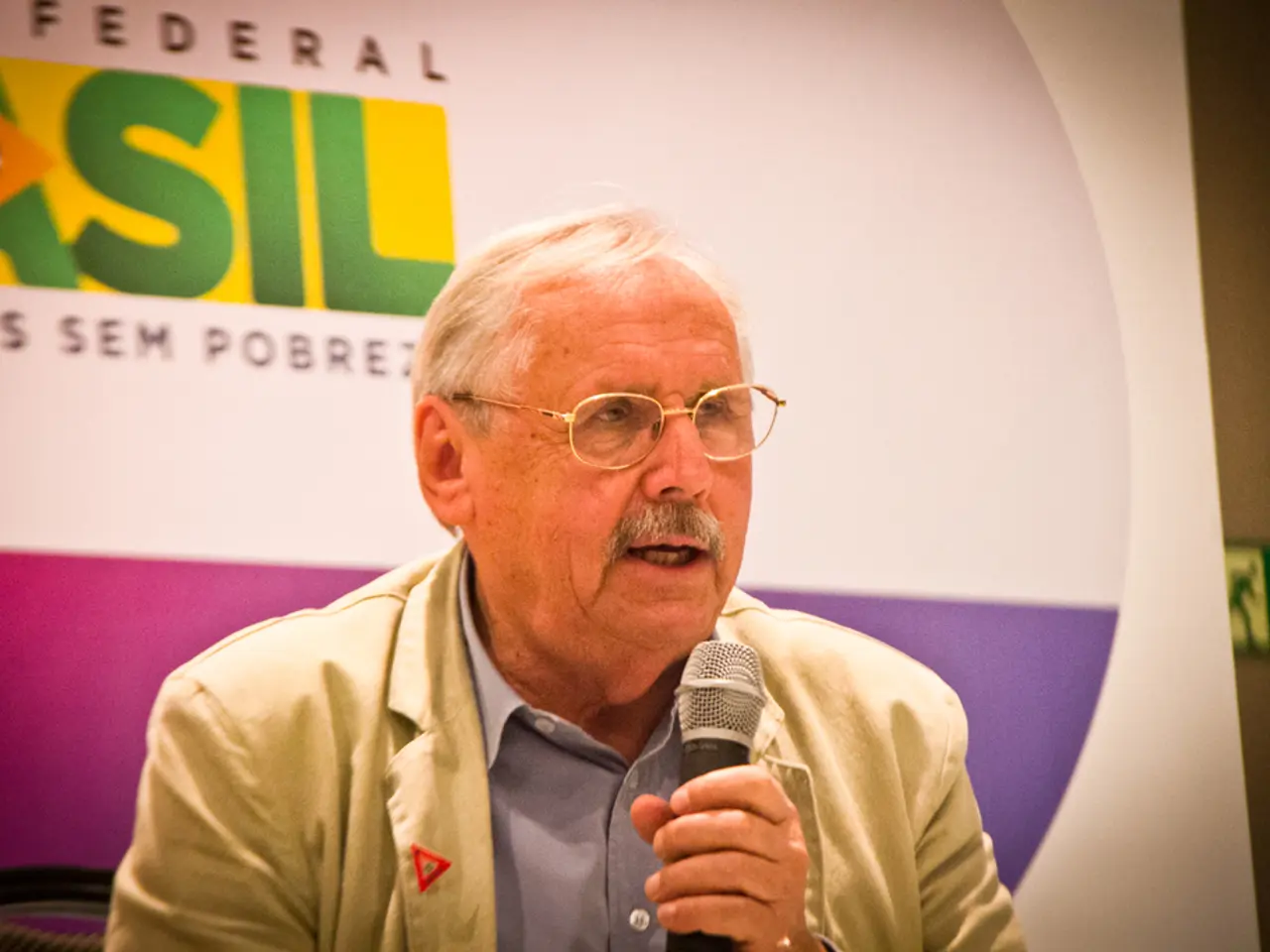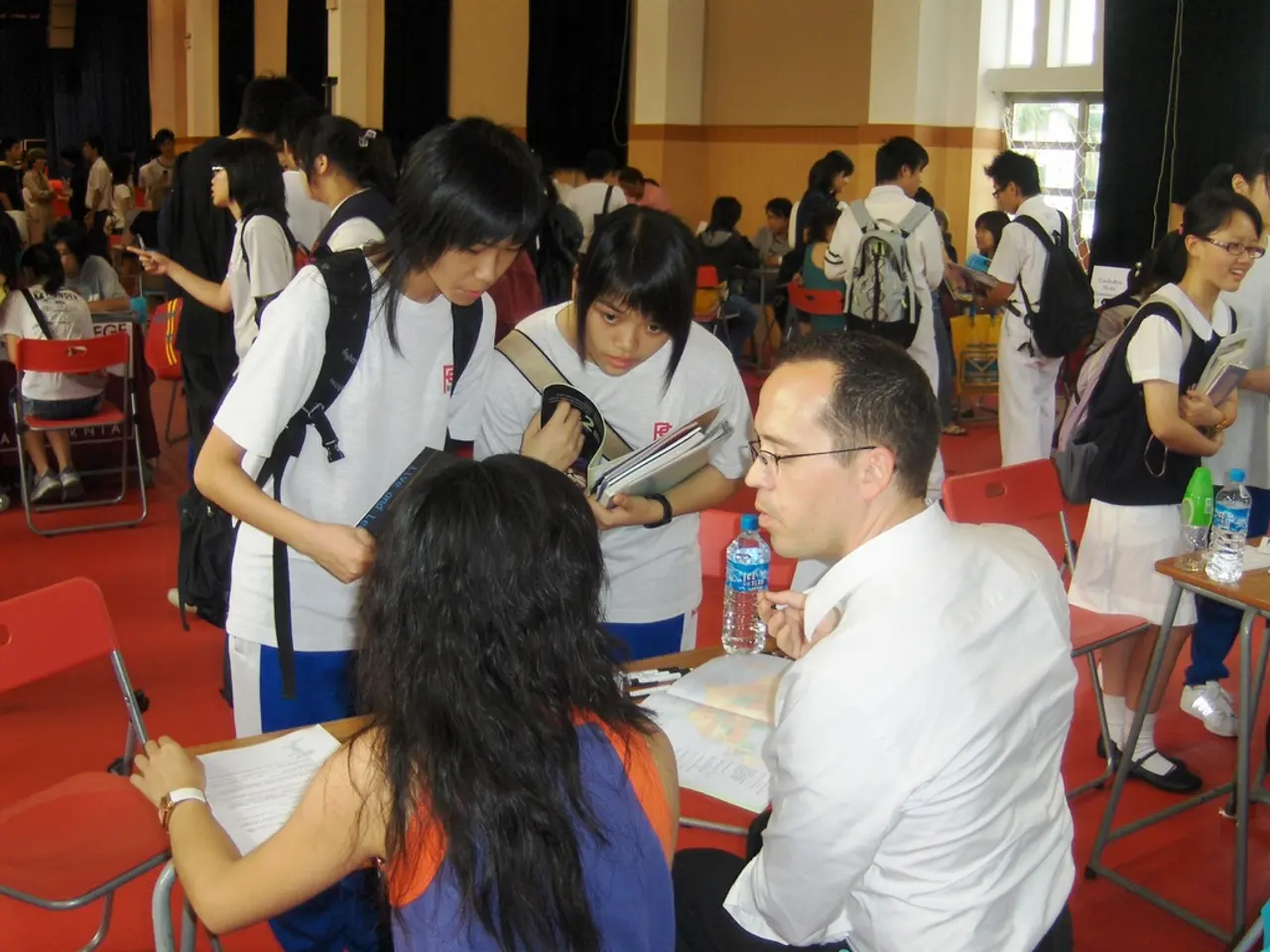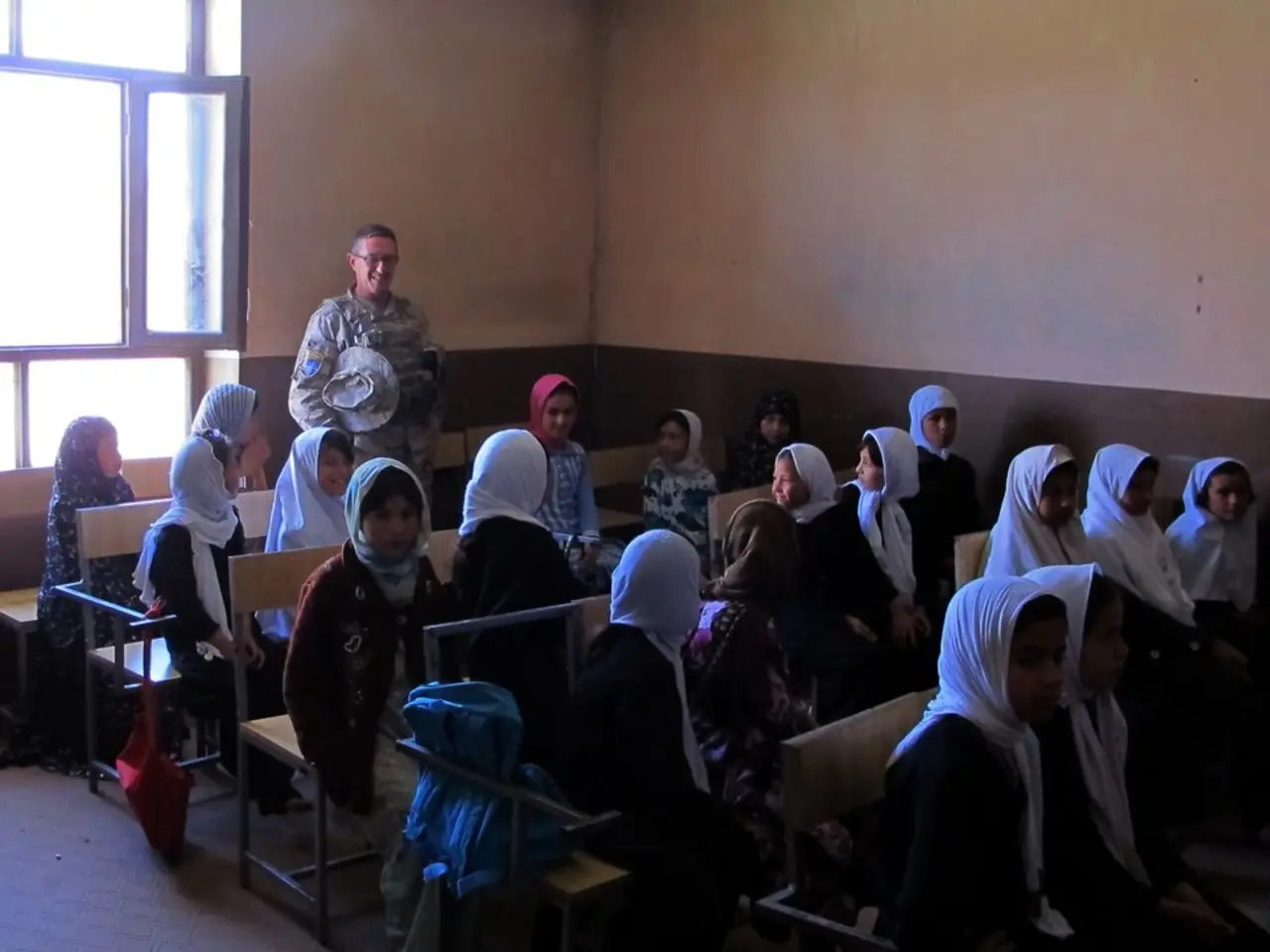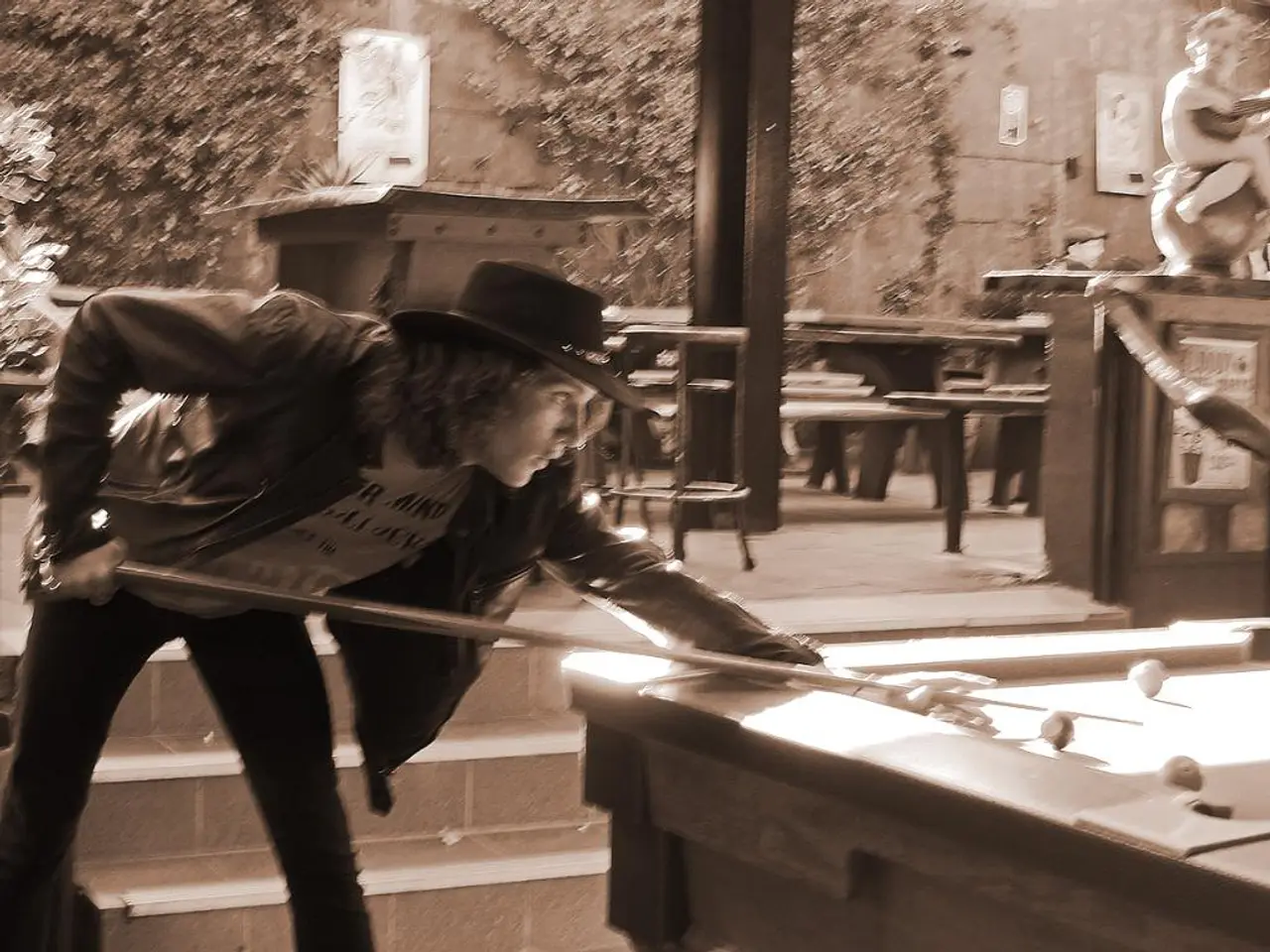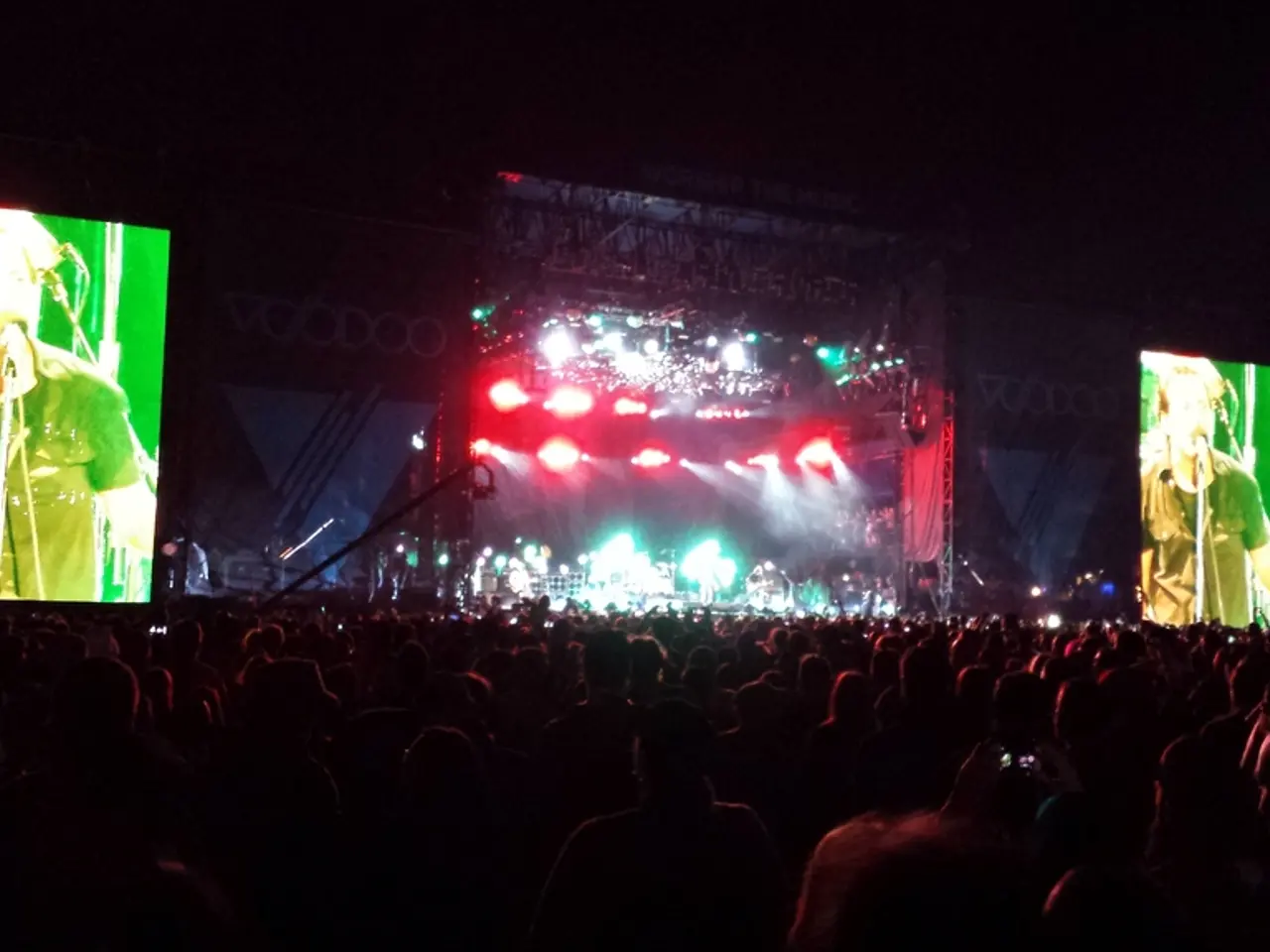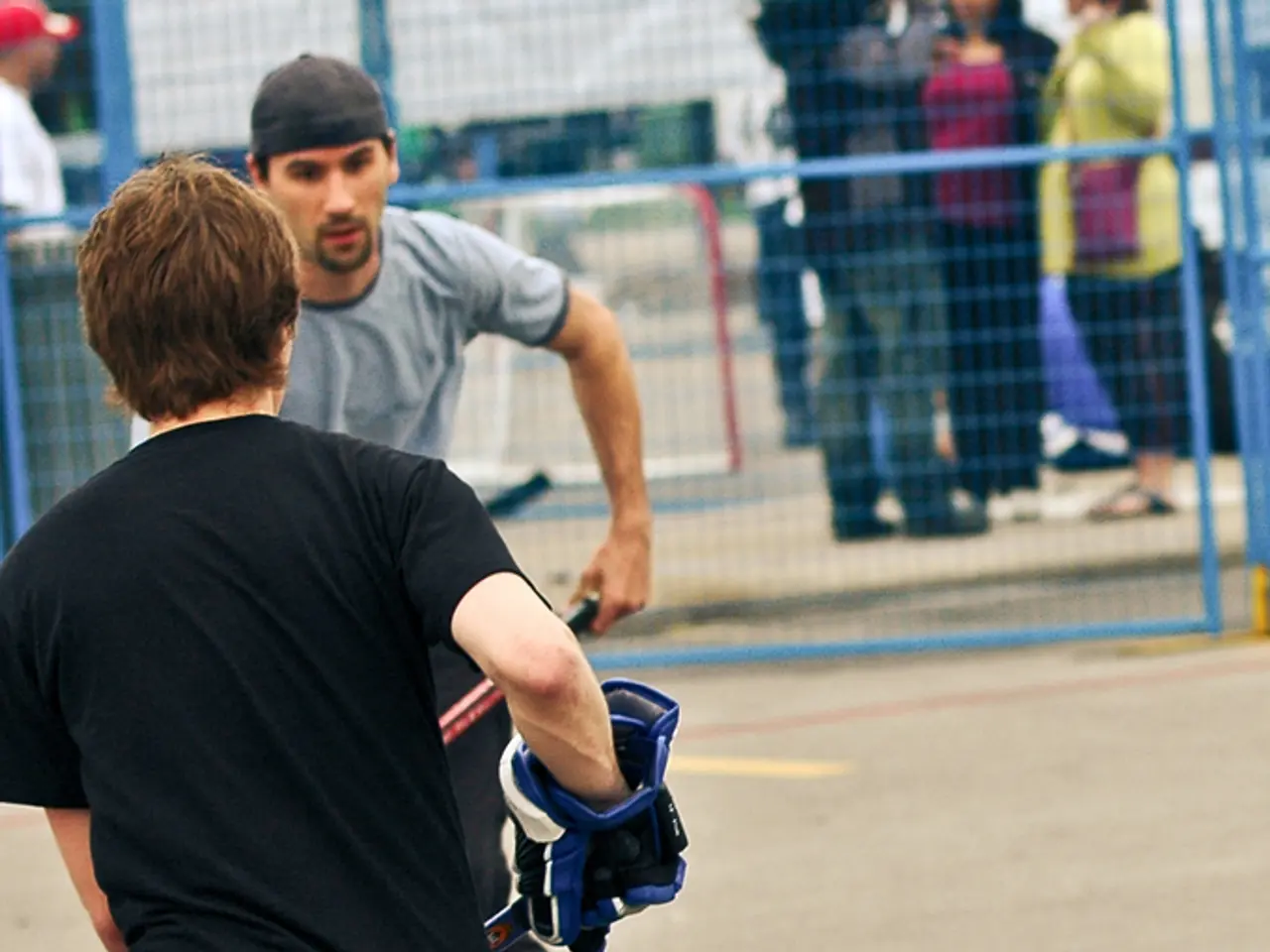The Left Party Gears Up for Federal Election with a New Strategy and Leadership Change
Radical left-wing figure advocates for unity
Germany's Left Party (Die Linke) is preparing for the upcoming federal election, focusing on positioning itself as a key representative of young voters and the working class, particularly in eastern Germany. This strategy aims to differentiate from both the far-right AfD and the centrist parties, with the ultimate goal of achieving a double-digit vote share.
According to party leader Dietmar Bartsch, the success of Die Linke in the federal election depends on the party's best offers in terms of content and personnel. Credibility and unity, he believes, are the most important assets of any political party, including Die Linke.
The recent state election results, such as the nearly 12 percent vote in Bremen, have been used as a benchmark for the federal election. However, past election performances have shown challenges for Die Linke, with significant losses in former East German regions due to competition from the AfD on the right and the new Sahra Wagenknecht Union (BSW) on the left.
To counter this, Die Linke is focusing on broad social justice issues, economic inequality, and opposition to far-right narratives. The party aims to prevent the far-right from gaining a governing foothold by demonstrating political viability and relevance.
The leadership of Die Linke is also undergoing a change. The succession of the long-standing outgoing party co-chairs Katja Kipping and Bernd Riexinger is taking place in a party conference planned for February 2021. Janine Wissler from Hesse and Susanne Hennig-Wellsow from Thuringia are running for the succession.
Dietmar Bartsch has announced a "goal-oriented" decision on who will be the party's top candidates for the federal election campaign. The parliamentary leader has also called for unity within the party ahead of the election.
In the 2017 federal election, Die Linke achieved 9.2 percent. The party won more than 30 percent of the vote in the recent state election in Thuringia, under the leadership of Bodo Ramelow. Amira Mohamed Ali is the second parliamentary leader in the Bundestag for The Left Party.
Bartsch has criticized the Greens in the Bundestag for signaling to the Union that they can further increase the defense budget, stating that this does not align with their supposedly desired peace role. He believes that the Greens' premature obedience, even when it comes to military parades, exposes them as a party of rearmament rather than peace.
This strategic realignment aims to secure a double-digit result in the 2025 federal election by consolidating left-wing voters and appealing to new demographics who feel unrepresented by other parties. The party conference in February 2021 will be a crucial moment for Die Linke, determining its leadership and direction for the upcoming election.
Die Linke aims to secure a double-digit result in the 2025 federal election by consolidating left-wing voters and appealing to new demographics, focusing on broad social justice issues, economic inequality, and opposition to far-right narratives. This strategic realignment also involves a change in the party leadership, with Janine Wissler from Hesse and Susanne Hennig-Wellsow from Thuringia running for succession at the party conference in February 2021, a crucial moment in Die Linke's policy-and-legislation, political direction, and general-news, as they gear up for the federal election.
